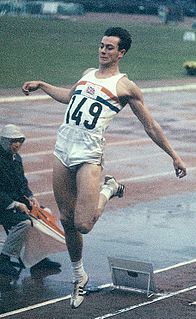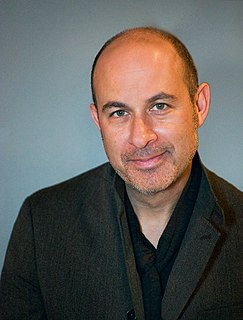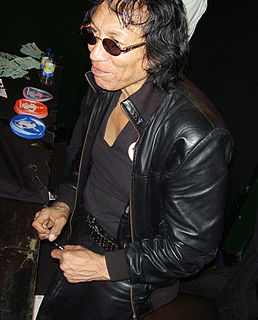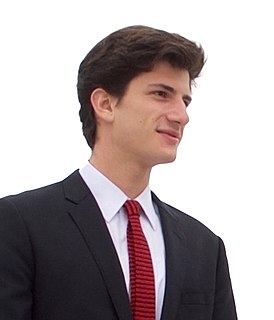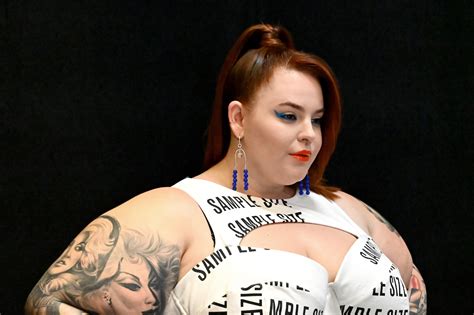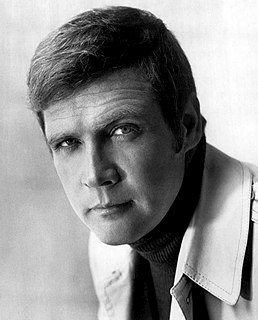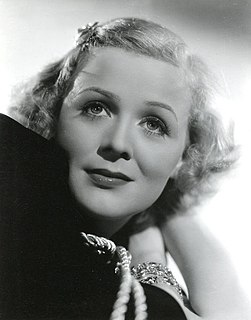A Quote by Tobias Forge
I am an old-school guitar player. I'm not an '80s-'90s sort of shredder who plays a million notes a minute. I am way more '60s-'70s kind of style, and I write very '60s-'70s.
Related Quotes
When I began writing poems, it was in the late 60s and early 70s when the literary and cultural atmosphere was very much affected by what was going on in the world, which was, in succession, the civil rights movement, the antiwar movement, and the women's movement in the 60s, 70s, and into the early 80s. And all of those things affected me and affected my thinking, particularly the Vietnam War.
I was a child of the '60s basically, which is a real blank. I really started growing up, I think, in the '70s. I'm a glam-rock kid. But Dublin, Ireland in those days was a very dark place, as in it was a very poor, almost third world. Economically, the whole world is going through a recession at the moment. In the '60s, '70s, and the '80s in Ireland was a real recession. It wasn't a pleasant place.
If you go to Japan, they're still buying vinyl, and they want the education. They know who's playing on what tracks from the '60s and the '70s - who the guitar player is, who the drummer is, who the producer was, what studio it was recorded in. That's how I grew up listening to music. We bought albums. We read the liner notes. It was important to know the whole history behind it.
There's nothing that hasn't happened before, guys. In the '80s we were all doing the '60s. In the '90s, we were doing the '70s. There's not one way to wear jeans anymore though. Flared, skinny, ripped, high, low, whatever. It used to be that there was one cool jean. There was a while where it was stonewashed, god forbid.


